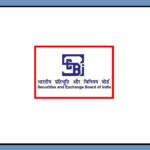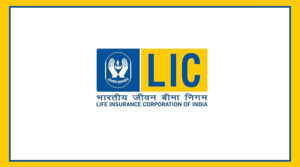In a move to enhance consumer protection and improve transparency in the financial sector, the Reserve Bank of India (RBI) has introduced stricter regulations for credit information companies, including major players like CIBIL and Experian.
These regulations aim to ensure that customers are promptly informed when their credit scores are accessed, providing them with greater control and transparency over their credit information.
Here are the key highlights of the new rules:
Alerts for Credit Score Access: Credit information companies are now required to send alerts to customers via SMS or email whenever their credit score is accessed.
Fine for Unresolved Complaints: One of the notable changes is the imposition of a fine if complaints regarding credit scores are not resolved within 30 days.
A daily penalty of Rs 100 will be levied, adding financial pressure on companies to address customer concerns swiftly.
Pre-Default Notification: Prior to reporting a default on a customer’s credit record, lending institutions must inform the customer.
This step ensures that individuals are aware of their financial standing and have an opportunity to address potential defaults in advance.
Appointment of Nodal Officers: Banks and loan disbursing institutions are required to appoint nodal officers to handle and resolve credit score-related issues effectively.
Disclosure of Data Correction Reasons: Companies must provide clear reasons for the non-correction of data in the credit bureau.
Additionally, the number of complaints filed on the credit bureau’s website should be disclosed.
Free Annual Credit Report: Individuals are entitled to receive a free credit report once a year.
The new regulations are slated to come into effect from April 26, 2024, providing a grace period of six months for credit information companies and lending institutions to prepare for compliance.
This move aligns with the RBI’s commitment to strengthening consumer rights and ensuring fair treatment in the credit reporting ecosystem.
If complaints go unresolved, the burden of compensation will fall on the credit bureaus and loan disbursing institutions.
Customers will receive compensation at a rate of Rs 100 per day, ensuring swift resolution of any credit-related issues.
Lending institutions have 21 days to address the complaints, while credit bureaus have 9 days.
Should a bank fail to inform the credit bureau within 21 days, it will be liable for compensation, just as credit bureaus will be if they don’t correct data within 9 days of being informed by the bank.

























